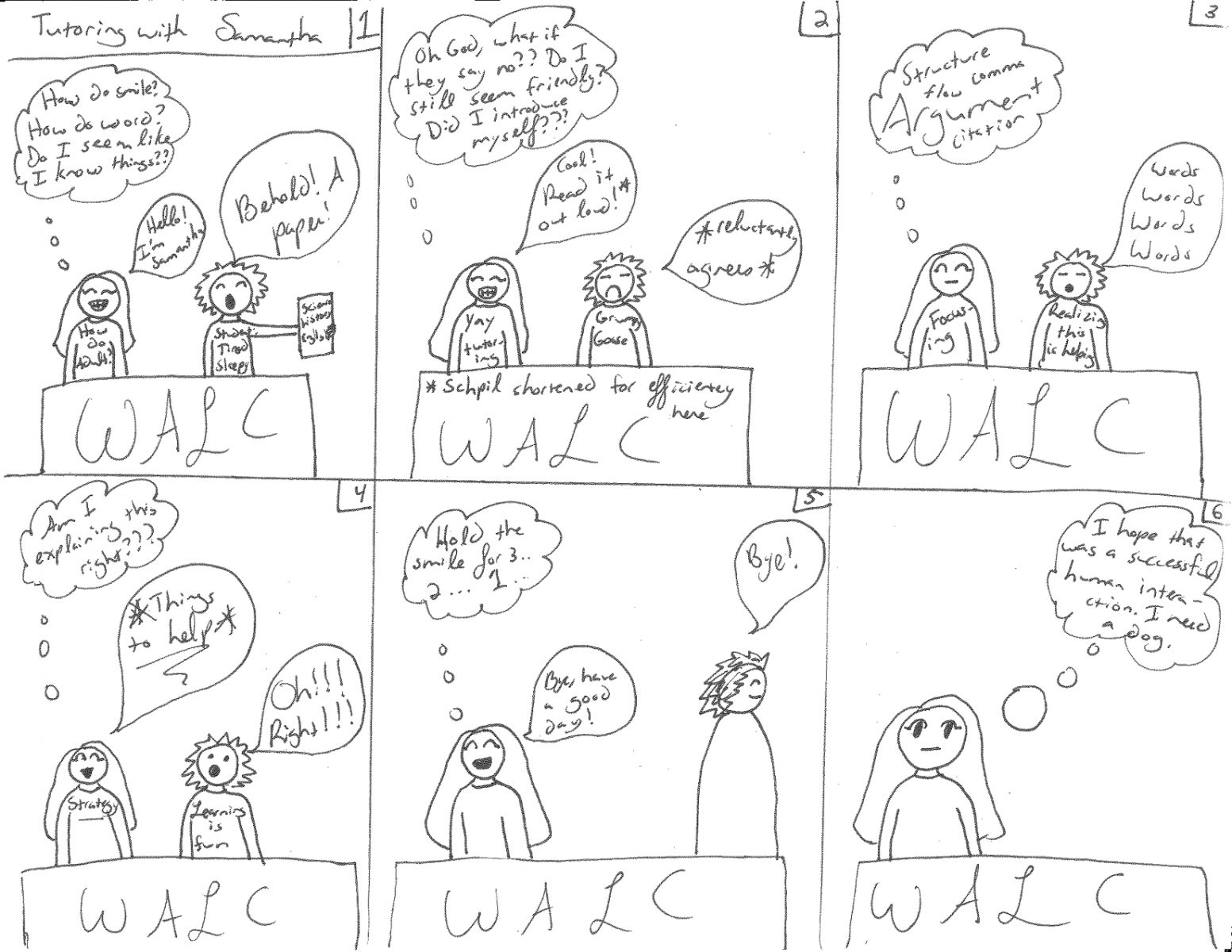–John F.
Gamification is all the rage. Turn learning into a game, proponents argue, and learning will become easy and fun. I agree with this to a point, but I don’t think it goes far enough, and without sufficient imagination, could end up less fun, less accessible and ultimately less educational than simple homework, readings and essays. Yes, if you want to make education a game, you’ve really got to go for the stars and stones.
Enter wizards: wizards set adventurers on quests. And the quests turn our characters into heroes. The best quest-giving mages interact only lightly with the adventure, often just enough for the adventurers to realize the true power to succeed lived inside them all along. It’s for this reason that two great fantasy mages, Gandalf and Dumbledore, die in their stories. They aren’t Frodo, they aren’t Harry. They’re wisened teacher mages helping our protagonists become themselves.
Teaching echoes this logic, especially when we scaffold courses. We, as educators, plot a course for the protagonists of our class (they are all protagonists of their own stories). It is our job to help them realize the powers within themselves to learn and succeed, and we control their circumstances enough that the class always challenges them and they always, ultimately, succeed. If we neglect this responsibility, the transformation in our students may never occur. This shifts our role in the story—less Gandalf the Grey, more Gilderoy Lockhart.
Viewed thus, teachers are wizards; wizened figures on the hillside, helping the students become future versions of themselves. The game then is to create investment for the students to accomplish their own quest, and not to give up even when the odds appear against them and pressures challenge them to give up.
How do we do that?
Investment comes from personalization. Gary Gygax knew this in making Dungeons and Dragons. People want to make their own hero, and to watch that hero advance. The more the hero they chose advances, the more invested they become. That’s why people often like side characters in stories and role-playing games more than the protagonists—they give the players and readers an element of choice. (Team Jacob?)
Fortunately, college degrees are built already upon this premise. Students choose to study Poli Sci, Psychology or Nursing, and may complexify it with minors and certificates. They make themselves into a certain mold of character during their time in school. Is it any coincidence Dungeons and Dragons uses the word “class” to describe the adventuring role a character plays. The Ranger, Cleric, and Rogue are all “classes”.
“What’s your class?”
“3rd level psychologist multi-class 1st level art history”
*High Fives*
But if our students are on a hero’s journey, why does the college experience often feel so humdrum? The answer is simple: it is not enough to simply learn a skill, get a degree, and maybe find a job on the other end. That’s a series of events, but it’s not a legend. It’s hardly even a story! And I doubt students will leave the experience recounting it with the same panache they’d use describing a hike to Macchu Pichu or completed marathon.
The fault here isn’t the student, nor is it the studies, or even the professors. It is a fault of context, something in between the student, the course and the professor failed to emphasize the legendary aspects of the student’s progress. To correct this failure, we must return to the wizard.
When the wizard delivers an adventurer on a quest, it is not to fix an economy, or to retrieve a potion, or kill rats in a basement. It is a quest to fight evil, save the world and reposition light and life as the rightful governors of the human saga.
You might say this exceeds the bounds of undergrad coursework, but that’s an accident of context. Viewed from a different angle, from a crystal ball, anything matters. A successfully written paper overcomes past academic trauma, a new idea expands a mind, and the discipline needed to succeed proves a student has accountability and can trust their own word. That’s legendary!
To accomplish this in school, we needn’t reinvent the narrative wheel. Schools for millenia have instilled this storied sensibility. They use architecture, art, separate colleges and societies, and lore to stoke student imagination. (Think Oxford, think Hogwarts). They use these tools remind students of how the school matters, how they as students matter, and how their study falls into the course of thinking history.
Of course, this takes funding, construction, and time. While we wait, teachers can embody these values in class. I advise three connected methods:
- Step outside the tale. The student is the hero!
- Remind the student of the path they’ve chosen.
- Believe in the context and value of learning.
Performing these steps, we awaken the magic of school, not in a marketing way, not in a “learning is fun” way, but in a sacred, temple-like way—a way that justifies the years of study and debt people undergo to pursue a life in research. It makes school larger than skill acquisition, larger than a business, and larger than a regional, philanthropic effort. It positions school in the same significance as returning the Ring of Power or defeating the Dark Lord. It makes students heroes on the right side of narrative, facing the great odds of injustice and the greater odds of nihilism in the world today. And as teachers, as wizards, we design an experience that prepares them for this grand undertaking, shielding from their eyes no part of its significance, save for the work that’s only ours to do.
